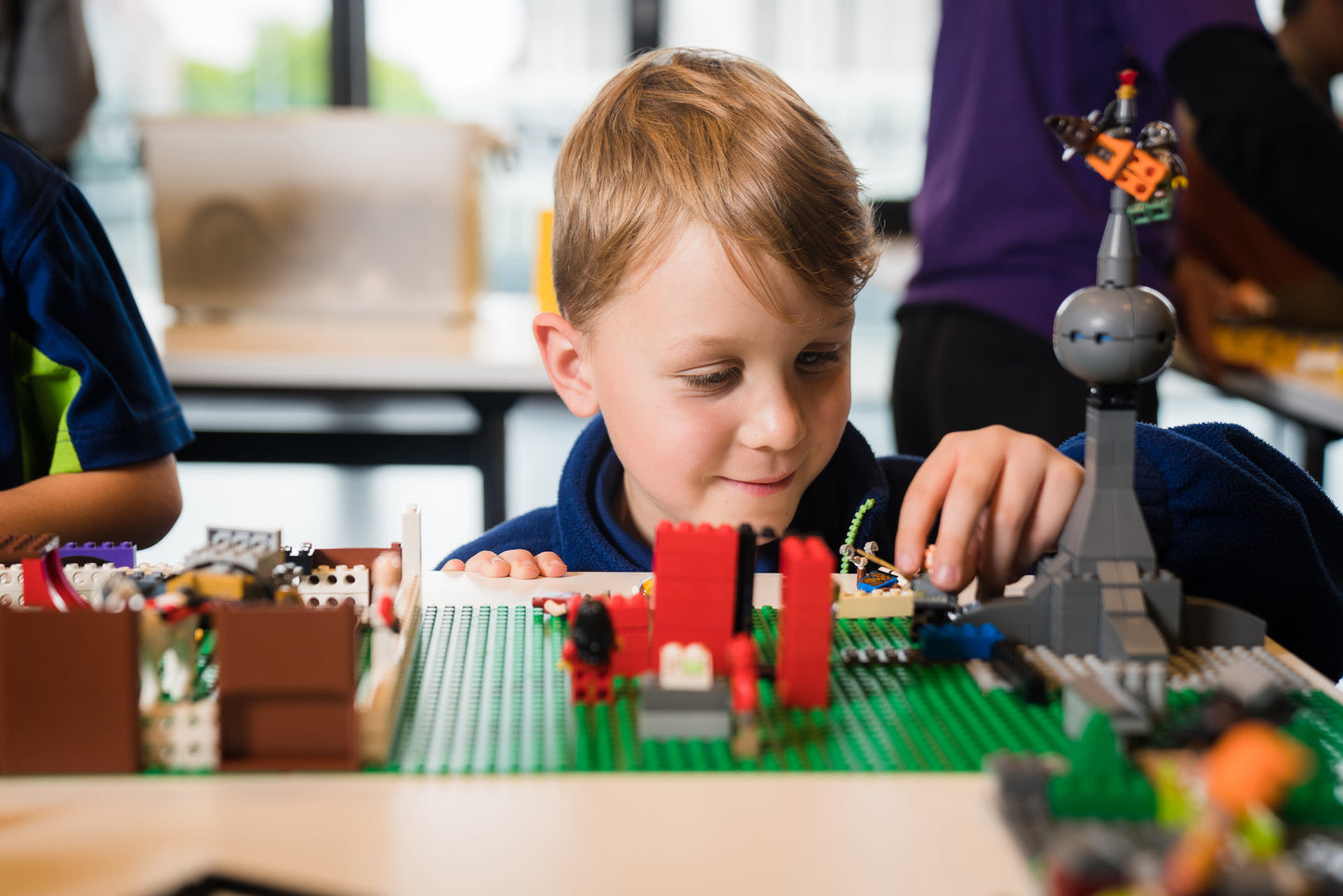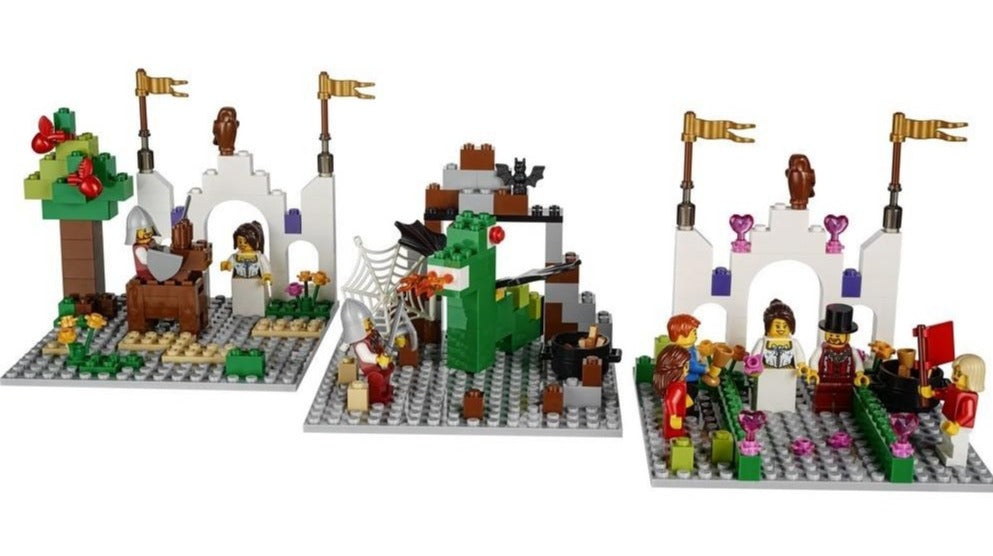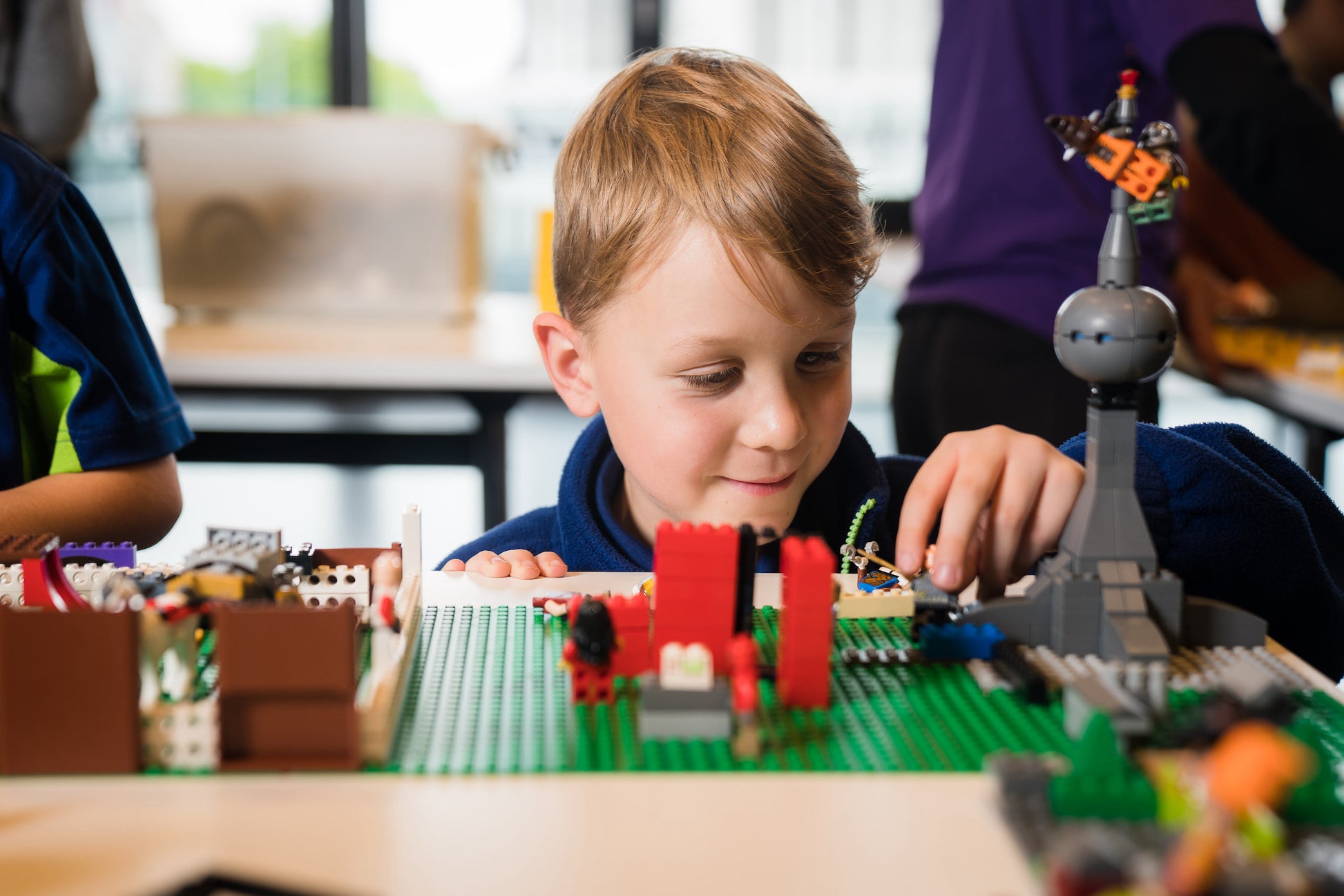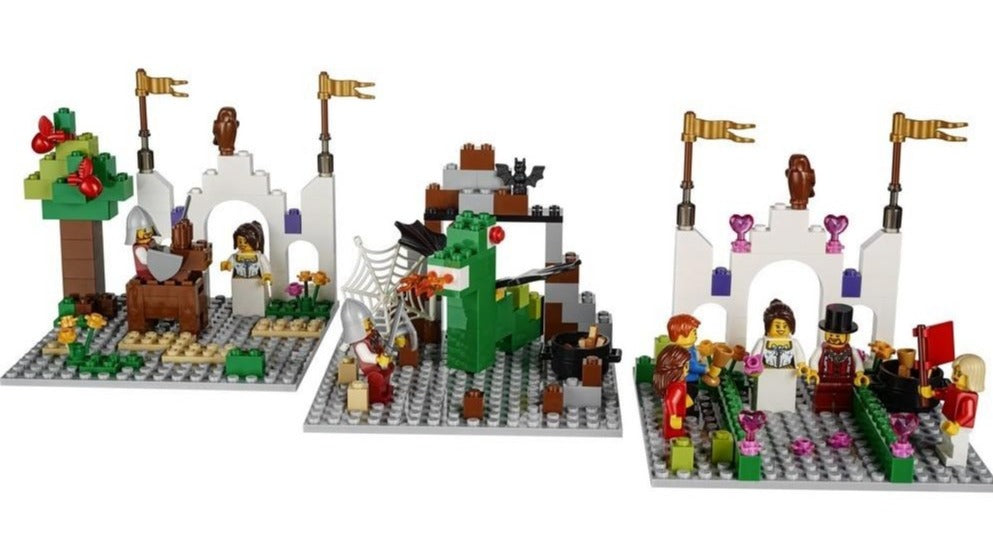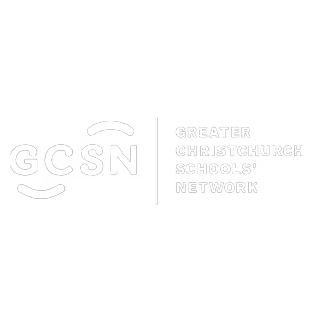Storytelling
In this session, students use LEGO to explore what makes a good story, including devices like plot, character and setting. Stories can be presented to the group, sent back to school, or used later in a stop motion movie-making session! We can tailor storytelling sessions to age and topic, and focus on oral or written language.
Age range: 5-8 years old (Years 0-3)
Session Length: 60-90 minutes (dependent on age and ability)
Price: $6.50 per child per hour (Minimum $80 per hour)
Capacity: Up to 50 children
- - Characters are important to a story because their knowledge and skills determine how they react to events and people
- - The setting of a story can create situations for characters to overcome
-
- A plot has a beginning, a middle and an end. Characters need to be established first, encounter a problem second, and ultimately overcome the problem.
As a group and in pairs, students discuss elements of character, set, and plot. The group will use LEGO props to tell a story, before breaking into small groups to plan, enact and share their own story. You may opt for a written storytelling session, though we recommend this for Years 3 and above only. All groups share their story with the group, using their LEGO characters and set to act it out.
We are learning to:
- - Use plot points to create drama
- - Develop characters
- - Create a setting relevant to our story
English
-
Speaking, Writing and Presenting: Purposes and Audiences (Levels 1-3)
-
- Recognise how to shape texts for a purpose and an audience. (Level 1)
-
- Show some understanding of how to shape texts for different purposes and audiences. (Level 2)
-
- Show a developing understanding of how to shape texts for different purposes and audiences. (Level 3)
- Speaking, Writing and Presenting: Ideas (Levels 1-4)
- - Form and express ideas on a range of topics. (Level 1)
- - Select, form, and express ideas on a range of topics. (Level 2)
- - Select, form, and communicate ideas on a range of topics. (Level 3)
- - Select, develop, and communicate ideas on a range of topics. (Level 4)
- Speaking, Writing and Presenting: Structure (Levels 1-2)
- - Organise texts, using simple structures. (Level 1)
- - Organise texts, using a range of structures. (Level 2)
The Arts
-
Drama: Developing Practical Knowledge (Levels 1-2)
-
- Explore the elements of role, focus, action, tension, time, and space through dramatic play. (Level 1)
-
- Explore and use elements of drama for different purposes. (Level 2)
-
Drama: Developing Ideas (Levels 1-4) -
- Contribute and develop ideas in drama, using personal experience and imagination. (Level 1)
-
- Develop and sustain ideas in drama, based on personal experience and imagination. (Level 2)
-
- Initiate and develop ideas with others to create drama. (Level 3)
-
- Initiate and refine ideas with others to plan and develop drama. (Level 4)
-
Drama: Communicating and Interpreting (Levels 1-2) -
- Share drama through informal presentation and respond to ways in which drama tells stories and conveys ideas in their own and others’ work. (Level 1)
-
- Share drama through informal presentation and respond to elements of drama in their own and others’ work. (Level 2)
Health and Physical Education
-
Relationships with Other People: Identity, Sensitivity, and Respect (Levels 1-2)
-
- Demonstrate respect through sharing and co-operation in groups. (Level 1)
-
- Describe how individuals and groups share characteristics and are also unique. (Level 2)
- Thinking:
- Students think creatively to generate story elements such as character, setting and plot.
- Using language, symbols and text:
- students explore language devices and symbolism as they relate to storytelling, and practice oral language skills through sharing ideas with the group and in pairs.
- Managing Self:
- Students practice library-appropriate behaviour throughout their visit.
- Relating to Others:
- Students utilise theory of mind to explore what they can reasonably expect their audience to know about a character, their back story and a setting in order to tell an effective, impactful story.
- Participating and contributing:
- Students share ideas with the group and in pairs throughout this class.
Share
